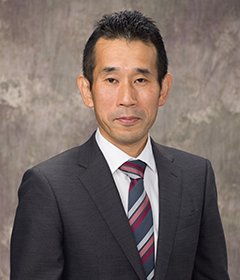More than 20 years have passed since Timor-Leste gained independence from Indonesia in 2002. Since independence, Timor-Leste has experienced riots in 2006 and attacks on the president and the prime minister in 2008, but security has been relatively stable since then. For more than 10 years, free and fair elections have been held, and even when the government changes as a result of an election, there have been no large-scale violence or riots. According to Freedom House, which conducts research on freedom and democracy, Timor-Leste was ranked as the only "free" country in Southeast Asia in 2021 [1], and this result remained unchanged in 2023[2]. People's trust in the government is also relatively high, with a public opinion poll showing that 57% of people said they were “satisfied with the dialogue the government is conducting on important national issues”. Although it has only been 20 years since independence, it can be said that the country has experienced very good political management.
Internationally, Timor-Leste is actively involved in the international community and is trying to demonstrate leadership. In 2010, an international conference titled ``International Dialogue on Peacebuilding and Statebuilding'' was held in the capital of Dili, and the group “G7+” has been established with the aim of sharing experiences and providing mutual support among conflict-affected countries. The secretariat of “G7+” has been located in Dili since then[3]. Currently, the “G7+” is made up of 20 countries, including Afghanistan, Somalia, South Sudan, and Yemen, and in 2019 it was granted UN observer status. Timor-Leste is also proceeding with procedures for joining ASEAN and the World Trade Organization, and is promoting stronger cooperation with the international community.
However, looking at the country's economic and social structure, Timor-Leste's current political stability and active international engagement are built on very weak foundations, and it must overcome many challenges to assure its future stability and development. In this paper, I would like to discuss the challenges facing Timor-Leste, and what is needed to resolve them. This paper will also touch on the roles of Timor-Leste and the international community, including Japan and other countries.
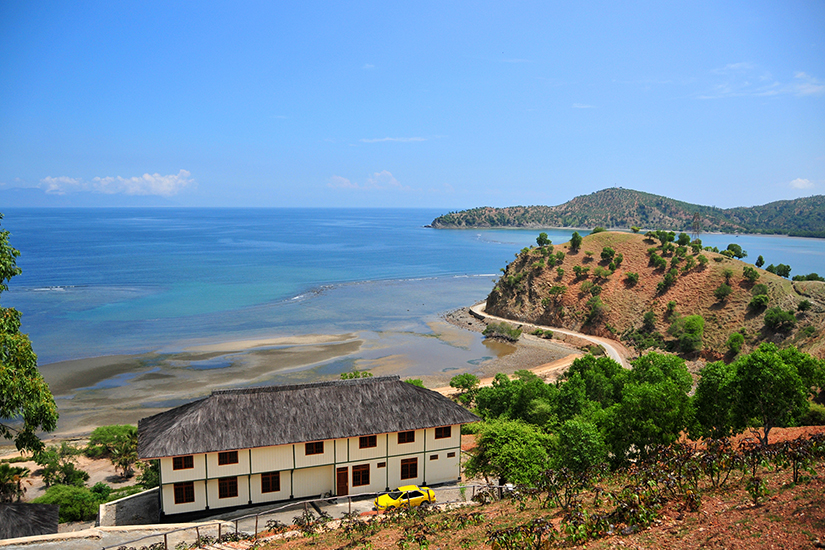
Challenges facing Timor-Leste
Achieving national independence and managing the country afterward are not easy tasks. In addition to issues such as coordination between various groups that existed before independence, and control of ex-combatants and weapons from the struggle for independence, the country has to be run by political leaders and administrative organizations that had no experience in running a country. In other words, it is not easy for less experienced figures and organizations to provide the people with a stable living environment and gain their trust. In fact, many countries that were born after the 20th century, such as countries in the Horn of Africa in East Africa and the Sahel region in West Africa, face challenges in governance, and are unable to resolve the dissatisfaction of their citizens, occasionally leading to armed clashes or conflicts. In this context, it is no exaggeration to say that it is a miraculous event that Timor-Leste, which became independent in the 21st century, has been able to maintain stable political management in just over 20 years. However, when we look at the economy and social structure, it becomes clear that there are various issues within.
(1) Financial structure
One issue is the country’s financial structure. Timor-Leste currently relies on the Petroleum Fund, which is expected to run out in 2034[4](see Figure 1), for more than 70% of its revenue. In terms of the trade balance, the value of exports is only 4.4% that of imports (2019), and the country relies on imports for many goods[5].
Figure 1: Fiscal Balance Outlook
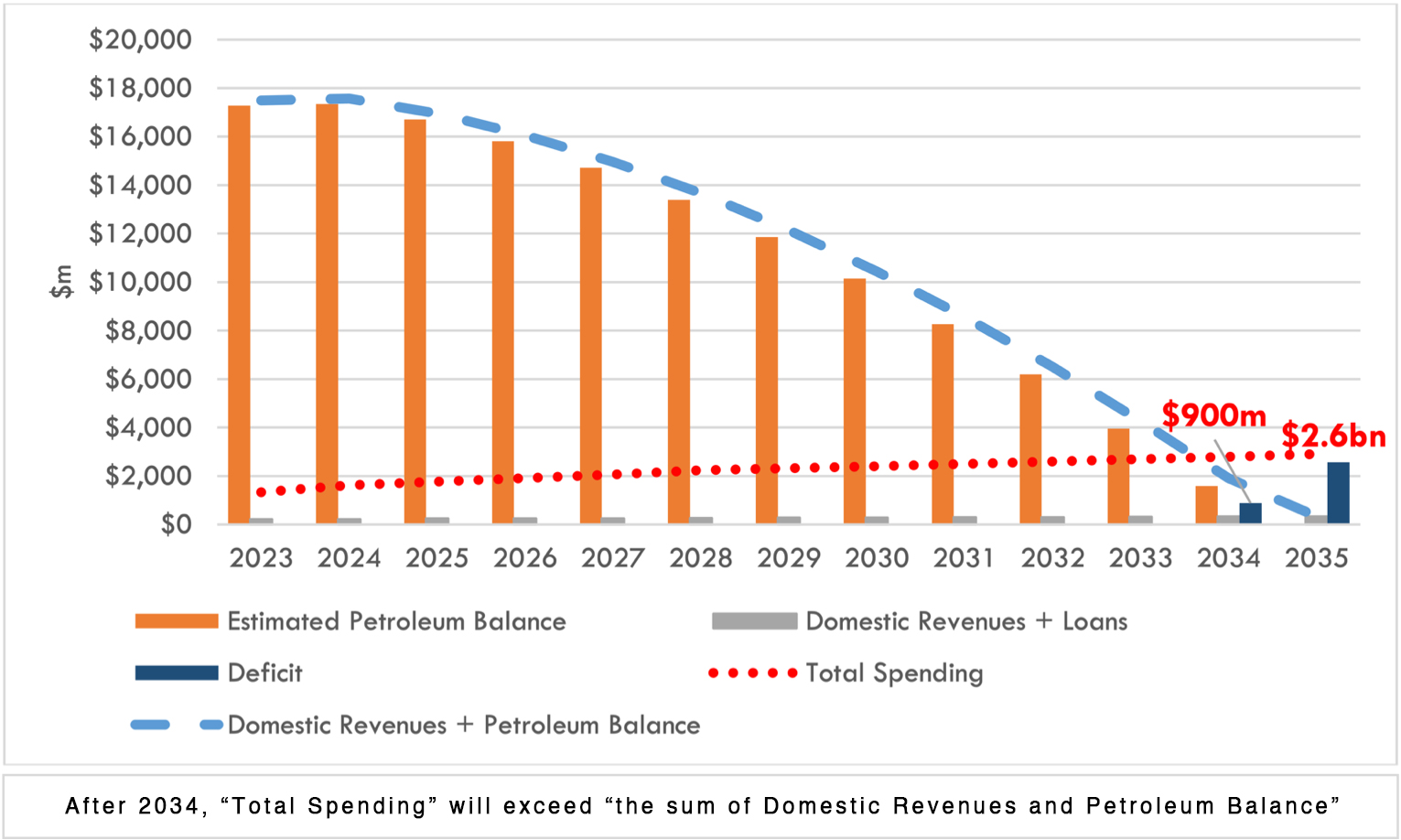
“Orcamento Geral Do Estado 2024 (General State Budget 2024),” Ministry of Finance of Timor-Leste, 2023, pp.22-23.
Looking at government spending, transfer expenditures such as subsidies account for more than 40% of the budget[6], and recurrent spending, including current transfers, have increased significantly from 2018 to 2021[7](see Figure 2). According to a public opinion poll, 97% of the people answered that they received subsidies, and 92% of high-income earners with incomes of $500 or more a month also received subsidies[8]On the other hand, GDP per capita, excluding oil-derived products, has been declining from 2016 to 2021[9](see Figure 3). In other words, much of the government's financial resources are spent on ``consumption'' to support people's lives, and there is insufficient investment for future growth and development, such as infrastructure development and human resource development.
Figure 2: Government Recurrent Spending
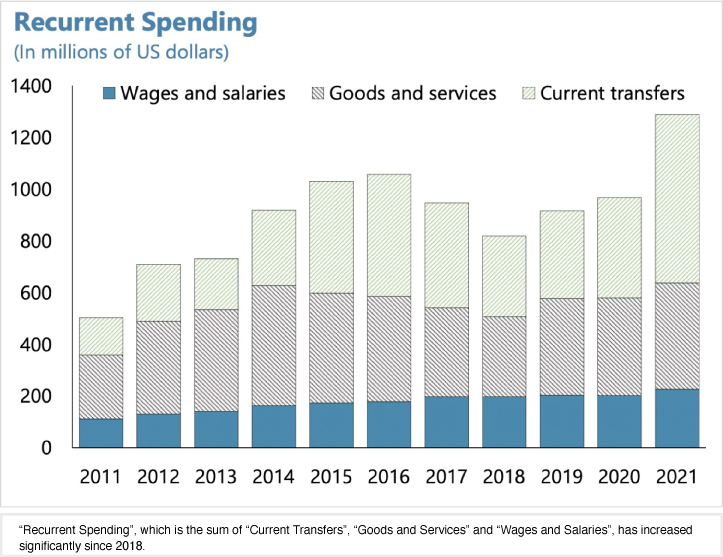
“Staff Report for the 2022 Article IV Consultation” in “2022 Article IV Consultation – Press Release; and Staff Report,” IMF, September 2022, p. 20.
Figure 3: Trends in Non-Oil GDP per Capita
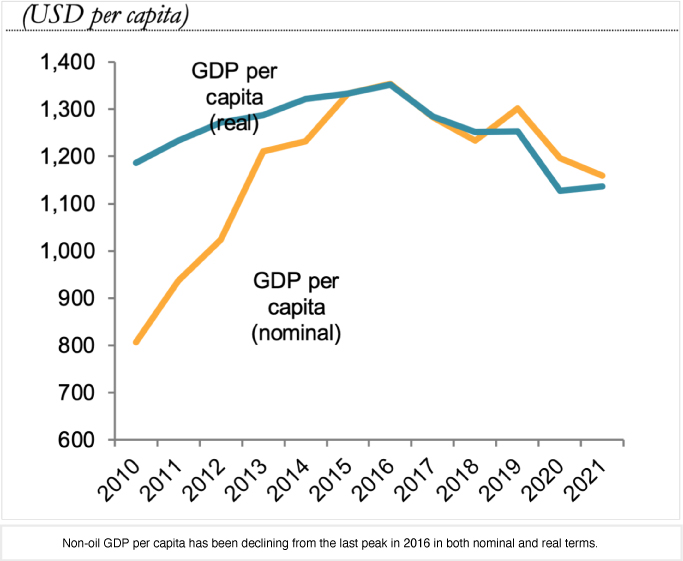
“Timor-Leste Economic Report December 2022: Honoring the Past, Securing the Future,” The World Bank, December 2022, p. 3
Although most of the country’s revenue is dependent on the Petroleum Fund, this fund will run out in 10 years. Moreover, much of the government budget is spent on supplementing people's living expenses, making it difficult for growth to continue. The problem is that investment and policy guidance aimed at achieving this goal are insufficient. If things continue unchanged, the national economy and people's lives will continue to deteriorate. It is necessary to shift direction to growth-oriented policy management.
(2) Administrative capacity
The second point is that the government's administrative capacity, especially the ability to formulate and implement detailed action plans, has not been sufficiently developed. Timor-Leste has its government's long-term vision, ``Strategic Development Plan 2011-2030,'' which comprehensively describes the issues that the country must address. This plan appears to have been thoughtfully prepared [10] However, the challenge is to translate this plan into a short-term action plan and implement it. For example, regarding the Dili Urban Master Plan, although a draft was drawn up by relevant government authorities in 2016, it was not officially adopted by the government, and a revised version was created in January 2023, but this also has not been adopted [11]. Dili's current population of 320,000 is expected to double within the next 40 years[12], but for nearly a decade there has been no overall vision for the roads and public transport system to support the growing population and create a functional capital. During this period, private houses and commercial facilities were constructed, and water and electricity were being supplied in accordance with the actual living conditions. Many issues that the government should address, such as disaster countermeasures and improving the investment environment, remain unresolved.
(3) Social services and improvement of social environment
Third, Timor-Leste's social services, improvement of the social environment, and human resource development are not well prepared for the future.
In the health sector, while the mortality rate for children under five years of age has decreased from 54.2% in 2013 to 42.3% in 2020[13], 47% of children still suffer from stunting[14]. The medical system is also inadequate, and all medicines are imported from overseas, and supplies sometimes run out. In cases where advanced medical care is required, emergency transportation to overseas facilities is the sole option.
Regarding education, the enrollment rate in primary education has exceeded 90% since 2011[15], but there are many issues that need to be addressed, such as improving the curriculum, the language used[16], and improving the quality of teachers[17].
Regarding employment and labor, 65.2% of the working population do not work[18] and this should be viewed as a serious problem. One of the reasons for the high proportion of unemployment is that industry is not growing sufficiently and there are few job opportunities. While 30,000 young people enter the working age cohort every year, there were only 53,000 posts in total for full-time employment as of 2018[19]. In a public opinion poll, 52% of people in urban areas and 44% in rural areas cited a lack of employment opportunities as a social problem[20]. Another factor is that subsidies are distributed widely to the general public, not just to the socially vulnerable, and this is thought to be a factor that reduces motivation to work. Approximately one third of young people aged 15 to 24, or 80,000 people (30.5%), are NEET[21]. Lack of work experience will become a serious issue when considering the Timor-Leste’s growth and development in future.
Transportation infrastructure such as roads, ports, and airports, as well as social infrastructure such as water and sewage systems, medical facilities, and disaster prevention measures, are also insufficient. In order to feed the ever-growing population and revitalize industry, it is necessary to develop infrastructure that takes into account future demand.
How to improve? Issues the Timor-Leste government should address
Twenty years after independence, Timor-Leste has so far achieved miraculous stability and development. However, looking at the issues mentioned above, there is a possibility that the depletion of revenue sources will worsen the country's public finances and economy in the future, making people's lives even more difficult. Parker Novak of the Atlantic Council, a US think tank, points out that Timor-Leste faces the risk of eroding its development achievements to date[22]. Then, what should the Timor-Leste government do?
First, it is necessary to improve the fiscal structure. Regarding revenue, it is necessary to secure financial resources that do not depend on the Petroleum Fund. The country needs to strengthen taxation and customs duties. However, considering that its production structure is still weak and it is necessary to attract investment from overseas, drastically stronger taxation and customs duties will not come easily, and they may have a negative impact on the economy. It is necessary to encourage gradual and long-term changes in the revenue structure. In this regard, the realization of the government's new gas field development plan (Greater Sunrise Project) will help. However, in the long term, it is necessary to build an economic structure that does not rely on fossil fuels by drafting and implementing a long-term vision on fiscal and economic policies.
Regarding expenditures, strategic budget allocation and growth-oriented investments are necessary. Most of the current spending is on ``consumption'' sectors, such as subsidies and salary payments to civil servants. It is necessary to carefully examine the details of budget allocations and expand the budget for sectors that will lead to "growth." Infrastructure development is also important from the perspective of improving quality of life and promoting investment. In order to promote investment, it is essential to improve the investment environment by bolstering investment-related laws and regulations, improving logistics systems at ports and other facilities, and upgrading physical infrastructure. It is necessary to enhance Timor-Leste's competitive advantages in both tangible and intangible aspects so that it will become a country to be “chosen” by private companies. This is because currently the government is not in a position to choose prominent companies, but rather, the government is a position to be chosen by these companies, unless investment environment is made more attractive.
The capacity of government organizations also needs to be strengthened. Management skills are needed to translate long-term visions into short-term plans and ensure their implementation. As already mentioned, Timor-Leste has developed while maintaining social stability since independence, and this is largely due to the outstanding political skills of the government in bringing together the will of the people. What is required now is to strengthen the organizational capacity of government agencies and to develop the technocrats who support them.
The quality of social services provided by the government also needs to be improved. An expansion of health and education services is essential to promote development in future. Increasing work incentives for the population, as well as promoting industrial formation, employment and infrastructure development are also issues that must be addressed for the country's development.
On 22 December 2023, the draft budget for 2024 was approved by the president. In Timor-Leste, Mr. Ramos Horta assumed the presidency in 2022 and Mr. Xanana Gusmao became prime minister in 2023. Both men were leaders at the time of the founding of the country[23], but both have returned to power. The first draft budget for 2024, which was created under this new regime, presents a growth-oriented vision, including strengthening infrastructure, and also addresses the current fiscal challenges that were previously noted[24]. I expect social changes will emerge as this budget is implemented in 2024.
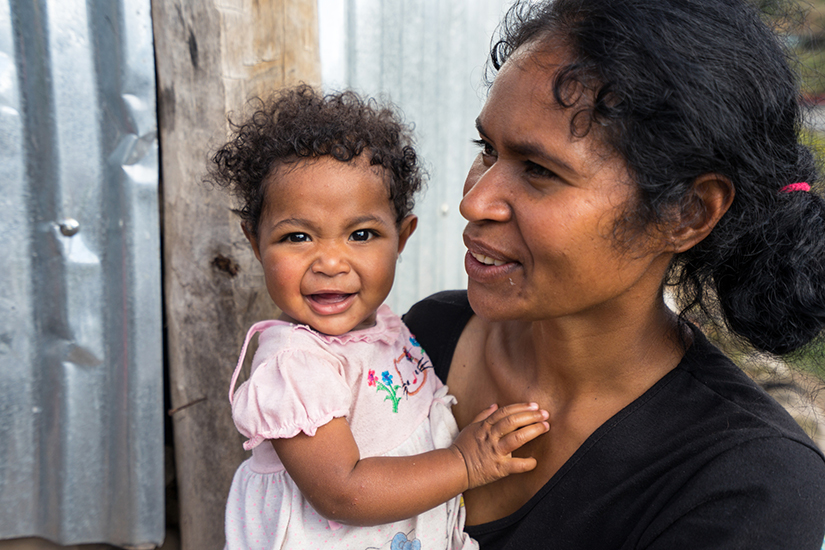
What should the international community and Japan do?
Timor-Leste's stability and development since independence has been of great significance to the international community, particularly the UN, and to Japan, as well.
As already mentioned, many countries have achieved independence from colonial rule since the 20th century, but many still face challenges in their political and economic management. Timor-Leste is a new country and a small island state with a population of 1.3 million. While small island countries often face difficulties in autonomously managing their economies, Timor-Leste has chosen to become independent of Indonesia, and the international community, including the UN, has supported this decision. In the independence process 20 years ago, the UN’s support was diverse and prompt, including the deployment of PKO and political missions of different types and mandates, ranging from the UN Mission in East Timor (UNAMET) in 1999 to the UN Integrated Mission in Timor-Leste (UNMIT) in 2006. This supported the path to independence and self-reliance[25]. Currently, UN PKO and political missions are facing difficult conditions in countries such as Mali and Sudan, where the host country itself is calling for their suspension or withdrawal[26]. In this context, the UN's independent support in Timor-Leste is a brilliant success story. This success story must not be allowed to be thrown away. In this sense, the UN should spare no expense in providing assistance to ensure greater stability and development in Timor-Leste today.
The current stability and development in Timor-Leste are also a valuable and successful model of international engagement and support for Japan. Japan has deployed more than 2,000 personnel to PKOs in Timor-Leste, the largest Japanese manpower contribution to a UN PKO[27]. Japan has also been one of the leading providers of official development assistance, from independence to the present, and has worked to develop infrastructure and human resources. The support for independence of Timor-Leste is a good example of Japan's active involvement as an 'all-Japan' model. Timor-Leste, which aims to join ASEAN, is an important country for Japan, which attaches great importance to its relations with the Southeast Asian bloc. Moreover, its geographical proximity to Japan makes it an important position in terms of the “Free and Open Indo-Pacific (FOIP)” initiative.
However, now that 20 years have passed since independence and other countries are more actively involved in Timor-Leste, Japan's presence is still significant among the generation that promoted independence, such as President Ramos Horta and Prime Minister Xanana Gusmao, but less so among the younger generation. In a poll conducted in 2023 by the International Republican Institute in the US, only 1% of respondents chose Japan as “the country with the most influence in Timor-Leste”, far behind other neighboring countries[28].
At the special summit held in Tokyo in December 2023 to celebrate the 50th anniversary of ASEAN-Japan friendship and cooperation, Japan also invited Prime Minister Xanana Gusmão of Timor-Leste, which has not yet joined ASEAN, clearly demonstrating Japan's strong commitment to supporting Timor-Leste's accession to ASEAN. While welcome, Japan's support for Timor-Leste should not be limited to ASEAN accession. In order to consolidate the success of support for Timor-Leste over the past 20 years, and to strengthen Japan’s relationship with this important country, Japan should further strengthen its partnership with Timor-Leste. Based on its experience of domestic development, Japan has a comparative advantage in infrastructure development and human capacity building in the government sector. Such knowledge and experience should be best used for the stability and development of Timor-Leste.
*The views expressed in this article are the author's own and are not the official views of the organization to which the author belongs.
(2024/02/20)
Notes
- 1 Joshua Kurlantzick, “Why has East Timor built the strongest democracy in Southeast Asia?” Council on Foreign Relations, October 4, 2021.
- 2 Freedom House, “Freedom in the world 2023,” March 2023, pp.22-23.
- 3 g7+, “g7+: about us.”
- 4 Ministry of Finance of Timor-Leste, “Orcamento Geral Do Estado 2024 (General State Budget 2024),” 2023, pp. 22-23.
- 5 According to debt sustainability analysis in IMF staff report (2022), Amont of Import was US$592 million, while Amount of Export was US$26 million in 2019.
“Staff Report for the 2022 Article IV Consultation – Debt Sustainability Analysis” in “2022 Article IV Consultation – Press Release; and Staff Report,” IMF, September 2022, p. 4. - 6 Ibid., p. 5.
- 7 “Staff Report for the 2022 Article IV Consultation” in “2022 Article IV Consultation – Press Release; and Staff Report,” IMF, September 2022, p. 20.
- 8 “Tatoli 2023: A Survey of the Timorese People,” The Asia Foundation, 2023, p. 50.
- 9 “Timor-Leste Economic Report December 2022,” World Bank, December 2022, p. 3.
- 10 In drafting the SDP, then-Prime Minister Xanana Gusmao visited all 65 sub-provinces of the country and conducted consultations with local residents.
“Data collection survey on results of Japan’s ODA in Timor-Leste: Final Report (Japanese Language),” Japan International Cooperation Agency/International Development Center, July 2022, p. 13 - 11 The Master Plan in 2016 was not adopted due to the failure of completion of legislation process of relevant laws and regulations and budgeting process of implementation. The revised version in 2023 was not adopted due to excessive planning during the formulation process.
- 12 “Timor-Leste’s annual population growth rate now at 1.8pc; will double in 39 years at current rate,” UNFPA, 18 May 2023.
- 13 See Note 7, p. 20.
- 14 Timor-Leste Ministry of Health, “Timor-Leste Food and Nutrition Survey 2020,” 2022, p.31.
- 15 World Bank, “School enrollment primary (% net), -Timor-Leste,” World Bank Data (Data as of February 2020).
- 16 After independence, the Timor-Leste government designated Tetum and Portuguese as official languages, and Indonesian (Bahasa) and English as working languages. Although Portuguese is required to be used in schools, it is said that 80% of teachers teach in a language other than Portuguese, while the understanding level of Portuguese among young people between the ages of 18 and 24 is around 50% (2015). According to a survey by The Asia Foundation (2023), respondents of ``I can understand the language used at school'' are 79% (2023 survey, p. 17).
“Timor-Leste pushes Portuguese but Cabo Verde doubles down on Creole,” The Macao News, March 2, 2023.
See Note 8, p. 17. - 17 Maria da Silva and Eliziaria Febe Gomes, “The Power and Potential of Timor-Leste’s Youth in Economic Diversification,” Heinrich Boll Stiftung, November 29, 2023.
- 18 “Timor-Leste Population and Housing Census 2022: Main Report,” The Timor-Leste National Institute of Statistics (INETL), 2023, p. 53.
- 19 See Note 7, p. 14.
- 20 See Note 8, p. 9.
- 21 Timor-Leste Ministry of Finance (General Directorate of Statistics) and the Secretariat of State for Vocational Training and Employment (SAFOPE), “Timor-Leste Labour Force Survey 2021,” September 2022, p. 31.
- 22 Parker Novak, “Timor-Leste’s uncertain future,” Lowy Institute, November 29, 2023.
- 23 Mr. Ramos Horta was Foreign Minister at the time of independence in 2002, Prime Minister in 2006, and President in 2007, Mr. Xanana Gusmao was President in 2002 and Prime Minister in 2007.
- 24 The key concept of the Timor-Leste government's 2024 Budget Plan is "Bridging for Tomorrow: Investing in the Productive Sectors and Social Capital." There are detailed references to depletion of the Petroleum Fund and the need to secure alternative revenue sources (pp. 22-24) and the need to curb transfer expenditures such as subsidies (p.17), and the direction for improvement (pp. 29-36).
See Note 4 - 25 UNMIT, “UNMIT Background” United Nations.
- 26 “UN Transitions in a Fractured Multilateral Environment,” Security Council Report, December 8, 2023.
- 27 Ministry of Foreign Affairs of Japan, “Japan’s Contribution to UN Peacekeeping operations (PKO),” May 14, 2015.
- 28 International Republican Institute, “National Survey of Timor Leste: February-March 2023,” May 4, 2023, p. 43.

